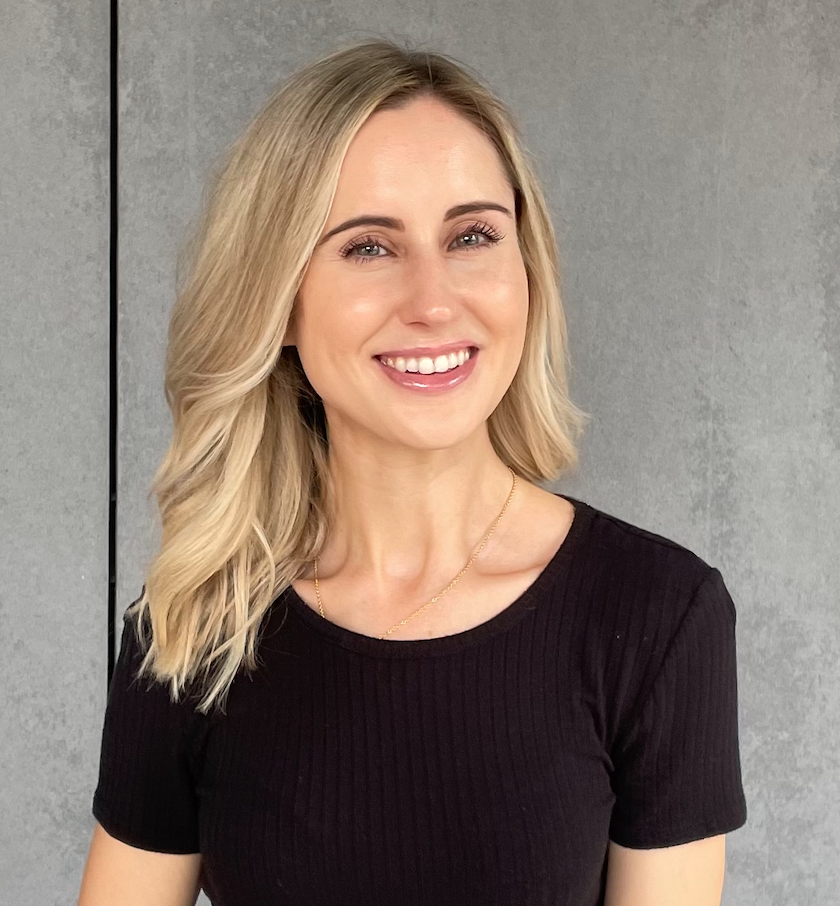Anxious Attachment Style in Relationships: What It Means & How to Heal
If you often feel anxious, insecure, or preoccupied in your relationships, you might be wondering why. Maybe you've recently discovered attachment theory on your "For You" page and the description of anxious attachment hits a little too close to home.
Attachment theory—especially anxious and avoidant styles—has become a buzzword in recent years, but the psychology behind it has long been foundational in understanding how we connect, relate, and love.
So what exactly does it mean to have an anxious attachment style? And how can therapy help you build more secure, fulfilling relationships?
What Is Anxious Attachment?
As a therapist, I frequently work with women navigating relationship struggles, many of whom identify with an anxious attachment style. Some already know this before starting therapy (thank you, TikTok), while others discover it as we explore their relationship patterns, childhood experiences, and emotional triggers in session.
Common Signs of Anxious Attachment in Relationships:
Over-functioning, over-accommodating, or neglecting your own needs for others
Struggling to set boundaries or assert your feelings
Becoming emotionally consumed by your partner’s moods, needs, or desires
Excessive self-doubt or over-analyzing what you did or said
Deep fear of abandonment or loss in romantic relationships
Difficulty being alone or tolerating space
Feeling resentful, even when trying hard to “be enough” for your partner
If these traits resonate with you, you’re not alone—and your attachment style isn’t something to be ashamed of.
Related post: What to Expect From Therapy
How Anxious Attachment Develops
Attachment styles typically form in childhood and reflect the emotional dynamics we experienced with our primary caregivers. If you grew up with a parent or caregiver who was emotionally inconsistent—loving one day and withdrawn the next—you may have internalized that love is unpredictable or conditional.
For example:
A parent with depression, addiction, or unresolved trauma may have been present physically, but emotionally unavailable
Love and attention might have felt inconsistent, creating a chronic sense of anxiety and uncertainty
This instability wires the nervous system to stay on alert for abandonment or emotional disconnection
When we experience these patterns at a young age, we often recreate similar dynamics in adulthood—seeking partners who feel familiar, even if that familiarity is rooted in emotional unavailability or inconsistency.
Can You Develop Anxious Attachment Later in Life?
Absolutely. While most attachment styles form early, a series of difficult experiences—such as betrayal, infidelity, or neglect in adult relationships—can also trigger anxious attachment.
It’s also important to note that feeling anxiety in a relationship doesn’t automatically mean you have an anxious attachment style. Sometimes, your anxiety is a very appropriate response to a partner who is inconsistent, distant, or emotionally avoidant.
Healing Anxious Attachment Through Therapy
The good news? Attachment styles are not permanent. You’re not stuck with anxious attachment forever. With support, self-awareness, and intentional relationship choices, you can move toward a secure attachment style.
Here’s how therapy can help:
1. Build Self-Awareness
The first step is understanding how past relationships—especially in childhood—have shaped your attachment style. Therapy creates space to explore this safely and without judgment.
2. Learn to Regulate Your Emotions
Working with a therapist helps you recognize emotional triggers, reduce overthinking, and soothe your nervous system in moments of anxiety or relationship distress.
3. Practice Healthy Boundaries
You’ll learn how to set boundaries without guilt, speak your needs clearly, and tolerate space in relationships—all skills that support healthy emotional connection.
4. Have Corrective Emotional Experiences
The therapy relationship itself becomes a healing space. When your therapist consistently shows up for you with compassion, safety, and understanding, your nervous system begins to experience what secure connection feels like—maybe even for the first time.
Creating Emotionally Safe Relationships
While we can’t choose our family of origin, we can choose who we surround ourselves with as adults. If your childhood lacked emotional safety, it's even more important to create it in your adult relationships—romantic and platonic.
When you’re with people who allow you to show up authentically and who meet your needs with consistency, empathy, and care, your attachment wounds can begin to heal.
And when that safety doesn’t exist—especially with emotionally immature parents or family members—therapy can help you:
Set firm boundaries
Grieve unmet needs
Establish emotional distance when necessary
Protect your peace without guilt
Looking for Therapy for an Anxious Attachment Style?
If you're navigating anxious attachment, relationship struggles, or emotional trauma, you don't have to do it alone. As a therapist who specializes in attachment trauma, I offer a compassionate, insight-oriented approach to help you feel safe, seen, and supported in your healing process.
Contact me today to schedule a free 15-minute consultation call. Let’s work together to help you break old patterns and create the healthy, secure relationships you deserve.
Wanting more information on attachment styles? Check out these blog posts on relational trauma and healing.
Avoidant Attachment Style vs. Narcissistic Personality Disorder in Dating and Relationships →
Understanding Attachment Theory: A Relational Therapist's Perspective →

